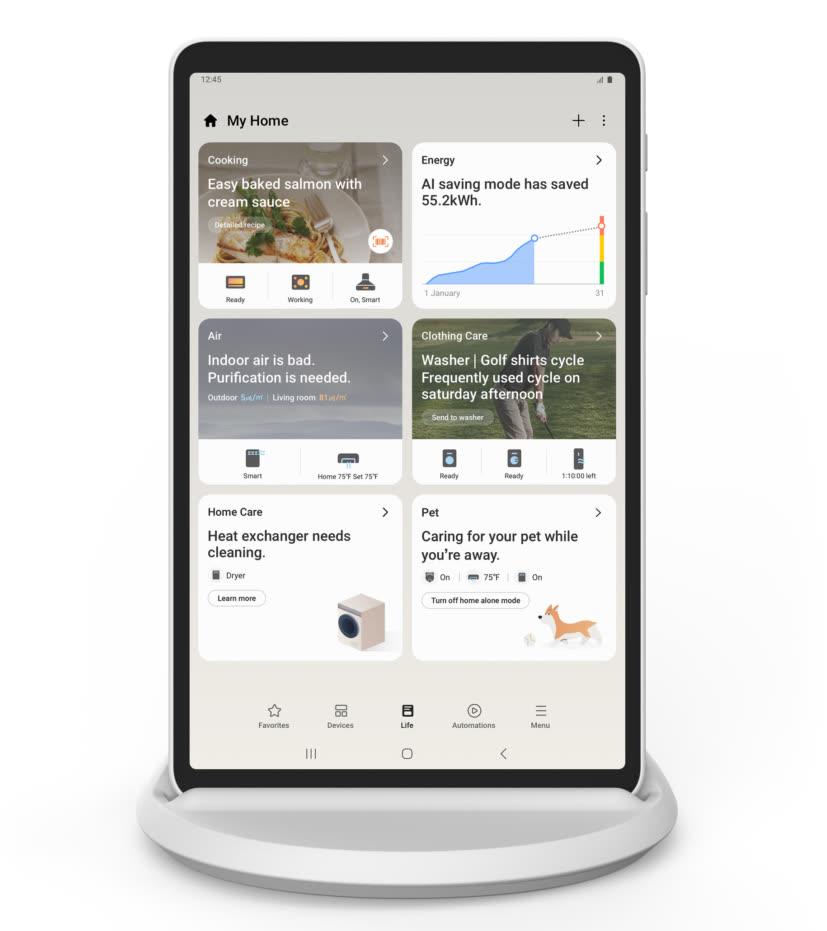Yes because the use case is trivial. For lighting, if for example it is to light up a very dark hallway, unless the doors are open and let in enough light during the day and at night it must remain subdued when it lights up, it's less simple. Ditto for the shutters which open or close depending on the night temperature, or on one side of the facade if really very cold or windy. Or that the thermostat does not turn on even if it is cold but that the afternoon will be very mild (as it is now).
Without home automation, we are doing very well, with this we can offer a little more, even without having: either nothing to manage, or by putting physical scenario triggers: sensors, switches (remote controls), ...

With energy mixes, including intermittent energy (solar), it's even more interesting to have products that consume energy that are controlled so that they can run at full speed if the energy produced is sufficient and when switch on the classic network, the elements turn off or go to sleep.
To answer the question, control panels allow you to have a view of all or part of your home automation, but it is not necessarily a mandatory control panel.
